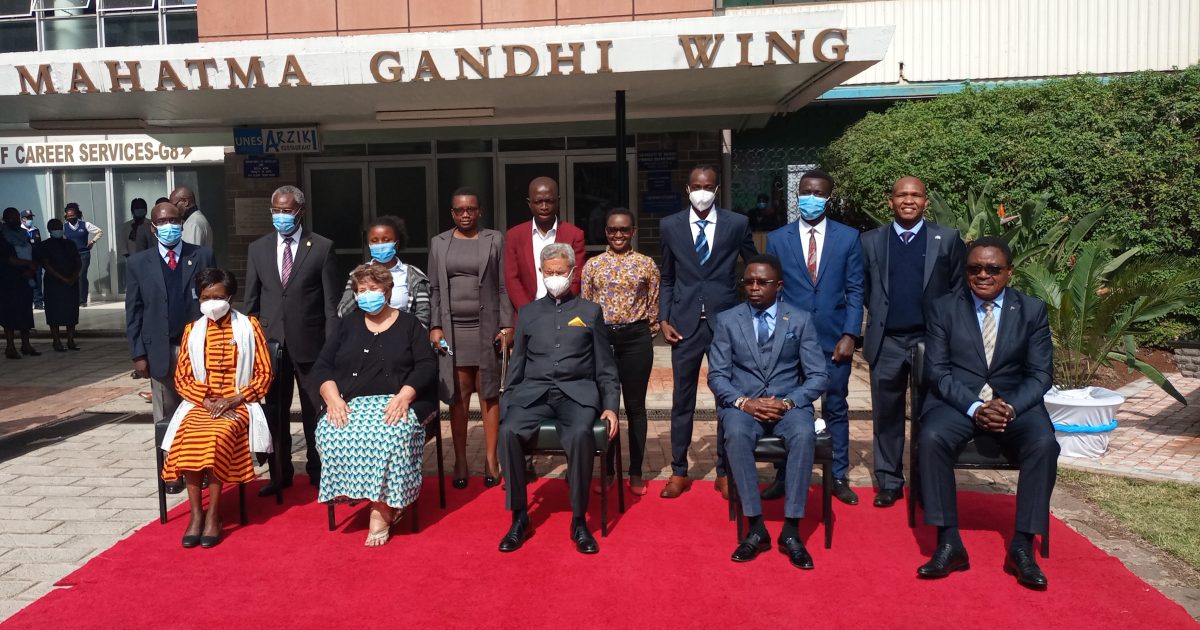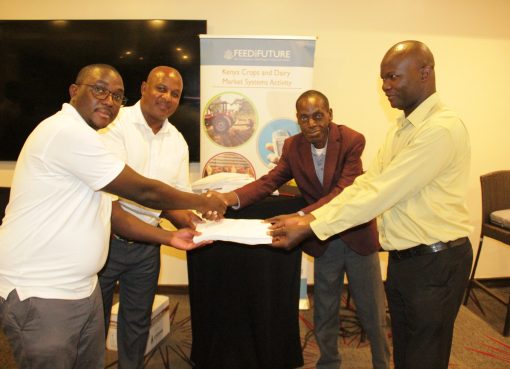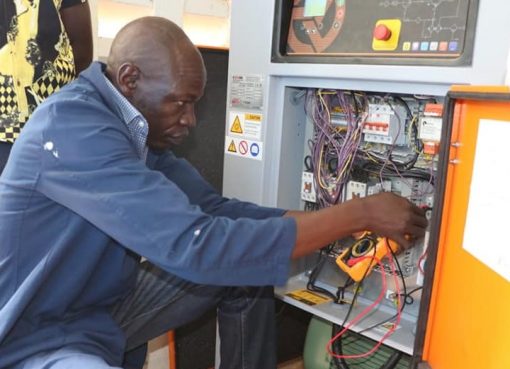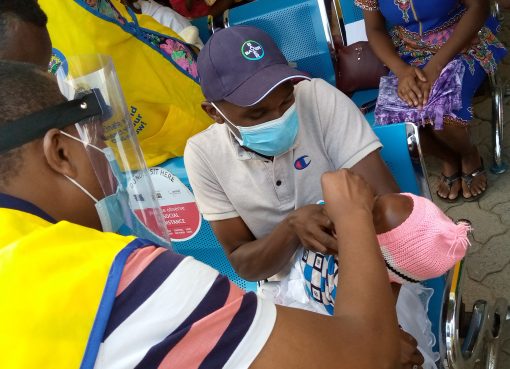The strategic relationship between Kenya and India will be integral in enhancing the country’s research capacity which is a key ingredient in driving the ‘Big Four’ development agenda.
Republic of India External Affairs Minister, Dr Subrahmanyam Jaishankar, said that since 1960’s, Indian universities have offered training for many Kenyans with majority rising to important positions in various fields.
Speaking, Monday, at the University of Nairobi (UoN), during the inauguration of the refurbished Mahatma Gandhi Library, Dr. Jaishankar said that five years ago, he accompanied the India Prime Minister, Narendra Modi, when he delivered a lecture at the University of Nairobi and promised to renovate the library which is now complete.
He revealed that every year the government of India offers over 400 scholarships to Kenyans and even during the Covid-19 pandemic they continued to observe this relationship virtually.
“We also have a collaboration between the Indian Oil Corporation and the University of Nairobi in building key competences in refinery processing technologies through online linkages,” said Dr. Jaishankar.
He added that these illustrations should evoke a discussion of how to refashion ties between the two countries by capitalising on the past shared struggles and embracing the new challenges.
“When I had the honour to talk to President Uhuru Kenyatta during this tour to Kenya, he informed me how the Rivertex project in Eldoret has profoundly empowered communities around the area,” said Dr. Jaishankar.
He said that the Covid-19 pandemic has taught us that we should not depend on concentrated production centres in the hands of a few countries because when supply chains are disrupted and demand outstrip supply the most vulnerable will inevitably get short changed and thus the need for African countries like Kenya to industrialise for the world to achieve decentralised globalisation.
Ministry of Education Cabinet Secretary (CS) Prof. George Magoha said that the refurbished library was constructed with the support of the Indian community in Kenya that is the Gandhi memorial society adding that Kenya and India continue to enjoy strong relations that have grown from strength to strength due to the shared history and strategic location on the Indian Ocean.
Prof. Magoha in a speech read on his behalf at the same event by the State Department for University Education Principal Secretary (PS) Amb. Simon Nabukwesi said that he considers the University of Nairobi as his second home having been a Vice Chancellor there for 10 years.
He highlighted that in the post-independence period India opened its gates to many Kenyans who were thirsty for higher education and could not secure higher education locally because we only had one university then that is the University of Nairobi.
The CS at the same times thanked the Indian government for supporting the revival and modernisation of Rivertex in Eldoret at Moi university using a credit of US dollars 30 million to do the refurbishment.
“This is one of the flagship projects in realisation of President Uhuru Kenyatta’s Big Four agenda through manufacturing and the support from the Indian government is a mark of true friendship,” said Prof. Magoha, adding that there is a significant population of industrious Kenyans of Indian origin who continue to play a big role in our economy.
University of Nairobi Vice Chancellor (VC) Prof. Kiama Gitahi said that most buildings at the university represent various partnerships that have had with the global community including India.
“We convey our gratitude to the government of India for renovating this Library with a donation of one million dollars that was granted to us after the 2016 tour of the India Prime Minister, Narendra Modi,” said Prof. Kiama.
The VC said that the refurbished library is designed to make learning experience more enjoyable and entertaining by providing very high-quality services and resources that the university community specifically the post graduate students and researchers require.
“The unique features of the library include the subscription to over 100, 000 peer reviewed full text electronic journals and books to support the teaching, learning and research activities at the University of Nairobi,” said Prof. Kiama.
By Joseph Ng’ang’a





